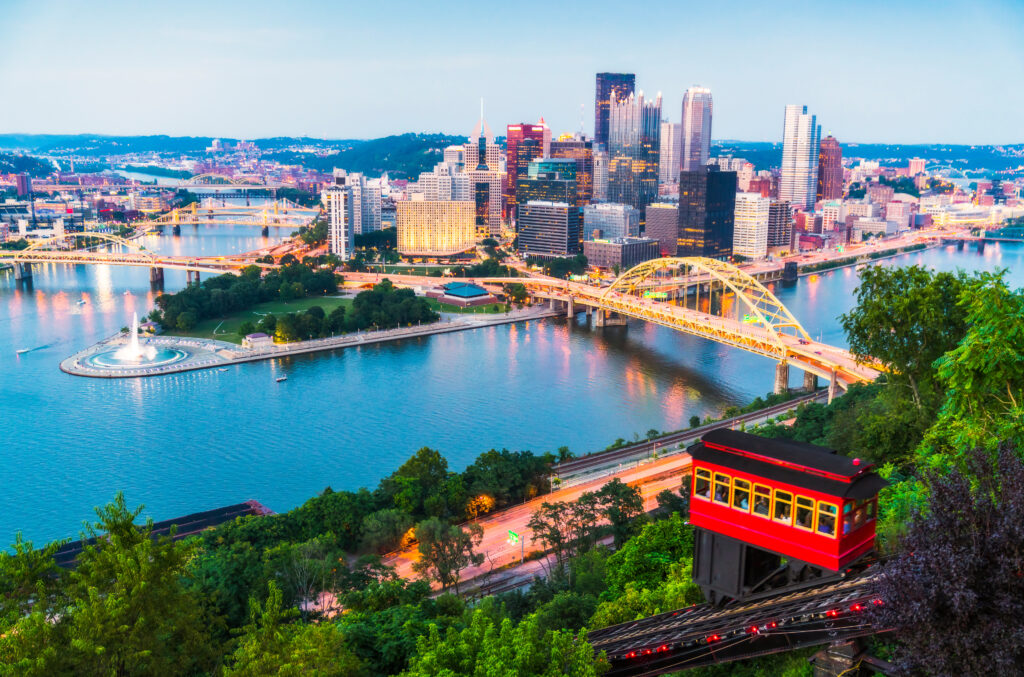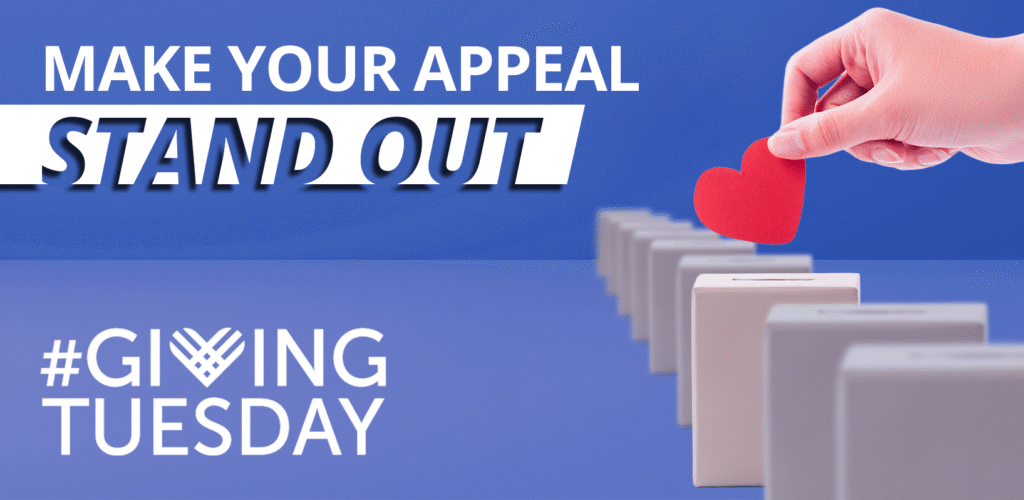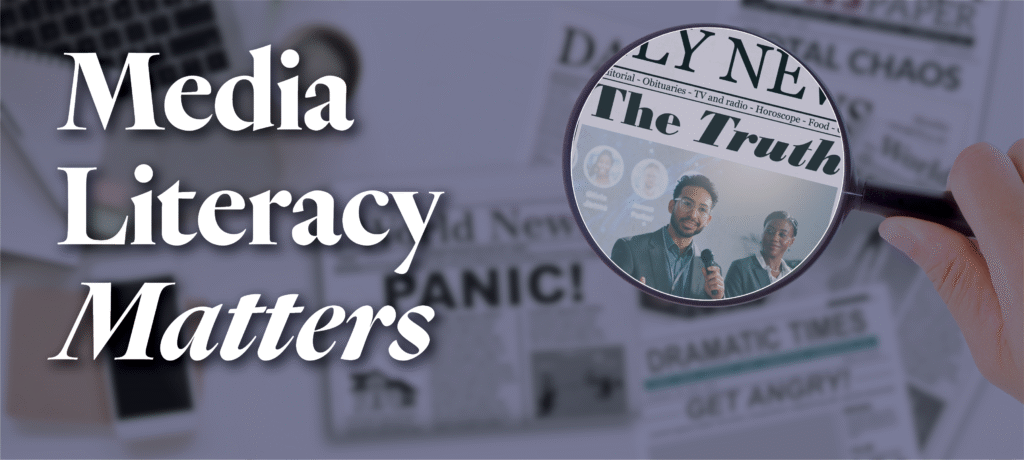
As the COVID-19 virus hit Western PA, residents, businesses, sports teams and elected officials teamed up to protect the most vulnerable.
“The City of Champions.”
“The Steel City.” “America’s Most Livable City.” “A Big Small Town.”
Pittsburgh has earned all those nicknames. Each suggests a positive place. A successful place. A hometown we can embrace. And with these titles come a population that rightly shares pride. Die-hard sports fans, down-to-earth values, blue collar ethics and warmth. Never have these traits been more evident than in dealing with the current COVID-19 crisis. Life has changed in Pittsburgh, as it has in every other community across the world. Responding to these changes is challenging. But Pittsburghers are rising to that challenge. Political leadership here got off to a proactive and robust start dealing with this crisis. Allegheny County Executive Rich Fitzgerald and Pittsburgh Mayor Bill Peduto quickly cancelled large gatherings and events as the threat of the virus became clear. They limited attendance at events and prevented crowds from gathering. They made a significant commitment to city and county workers by implementing special provisions protecting those employees.
Fitzgerald and Peduto have also led through example. They’ve remained accessible to local media and residents, while still coordinating a massive public health response. They are working with elected officials from the local, state and federal levels in conjunction with our region’s healthcare systems like Allegheny Health Network, Excela Health, and UPMC. In a city that boasts six Super Bowl Championships, five Stanley Cup Championships and five World Series Championships, expectations tend to be high. Pittsburgh’s sports teams and athletes have gone above and beyond during this crisis. Penguins’ Captain Sydney Crosby donated 100,000 meals to the Greater Pittsburgh Community Food Bank. His teammate, four-time all-star Evgeni Malkin, provided meals for guests at the Pittsburgh Ronald McDonald House. The Pittsburgh Penguins Foundation partnered with the Greater Pittsburgh Community Food Bank for a massive food distribution at the hockey arena.
The Pirates provided meals to emergency and health care workers on the front lines at two major hospitals. Several head coaches and the athletic director at the University of Pittsburgh, along with the Penguins, Pirates and Steelers, united to donate $800,000 for the COVID-19 vaccine research being spearheaded locally by the university.

Another Ceisler client in Pittsburgh, NO CRAYON LEFT BEHIND, normally provides recycled crayons and art supplies to disadvantaged communities and families. But in response to the enormous challenges caused by COVID-19 to stay connected, No Crayon has pivoted to collect and provide laptops, desktops and tablets to those in need. One of our firm’s long-term clients is WALMART, and the company has been making a difference in Southwestern Pennsylvania throughout the duration of the pandemic. The Walmart Foundation provided grants and food donations to community organizations and non-profits like Veterans Place on Washington Blvd., Veterans Leadership Program, Victory Christian Church’s Food Outreach Program, the Best of the Batch Foundation, and Mercy Life Center’s Homeless Outreach Program. Toward that end, another client, WESLEY FAMILY SERVICES, adapted to the current climate and began providing a majority of its therapeutic support services through telehealth measures. Since the pandemic began, Wesley has provided more than 10,000 telehealth visits. The organization’s “In Service of Seniors” program delivers meals and groceries to local senior citizens in need. Volunteers conduct “check-in” calls with seniors to ensure they are staying healthy and don’t feel alone during this difficult time. Staying connected is not possible without the sharing of urgent information. All of the media properties in Pittsburgh met the challenge with special and additional programming — on air and online. Many of the media outlets, including Ceisler client ENTERCOM, also launched a food drive and money collection for those in desperate need. And Pittsburgh is reaching out to support pets and animals. PITTSBURGH AVIATION ANIMAL RESCUE TEAM normally flies animals from dangerous situations to safe ones. But in this time of crisis for many pets as well as their owners, PAART launched a massive food drive to provide for pets that might otherwise be forced to go hungry in households reeling from job and income loss. The Pittsburgh area is proud to be the birthplace of many notable Americans – August Wilson, Jimmy Stewart, Arnold Palmer, Art Rooney, Rachel Carson, Andy Warhol, Josh Gibson, HJ Heinz, George Westinghouse and Andrew Carnegie.
And there are two Pittsburghers whose legacies particularly resonate during this troubled time: Dr. Jonas Salk and children’s TV host Fred Rogers. In 1955 at the University of Pittsburgh, Salk created the vaccine for polio. In that same pioneering spirit, the University of Pittsburgh and the University of Pittsburgh Medical Center are heavily involved in creating the vaccine to fight COVID-19.
And it is truly the spirit of Mr. Rogers that imbues our residents with the commitment to see the good in each other, and make every Pittsburgher feel glad “to be my neighbor.”



